Here's why I won't be buying a smart TV anytime soon
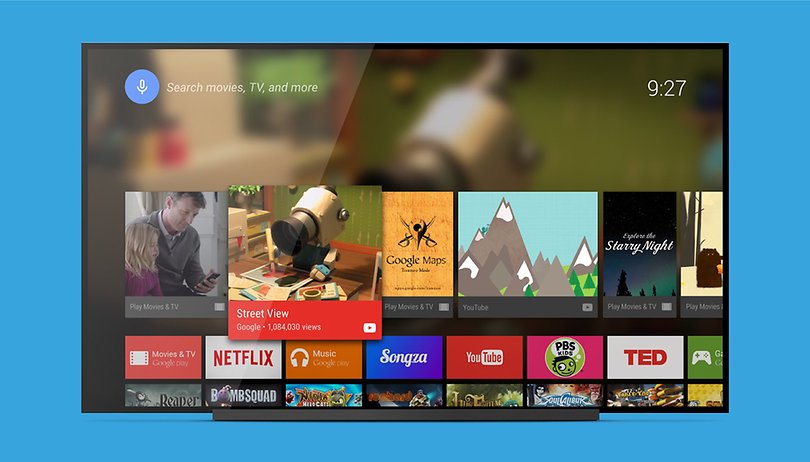

There's a lot of talk about having a smart TV these days. In fact, a lot of those who read this site must already have one. For those who don't know, a smart TV is one that allows you to run apps installed via an internet connection and adds interactivity. But I don't want one.
The TV is a status symbol in some parts of the world, and there must be more televisions than beds in the homes of some regions. As we collect money, we invest those status symbols: a bigger TV, a Full HD TV, a 4K TV. And it's much better if these screens are smart and offer as much entertainment as possible.
- How to connect an Android smartphone to your TV
- Android TV: mandatory minimum requirements coming for TV boxes
But, going a little against the tide, I have never been interested in owning a smart TV. I've already tested some, and liked a lot of systems like Tizen on Samsung TVs and even more the Web OS on LG TVs. However, you only need to think about having a more feature-rich TV if you actually use one.
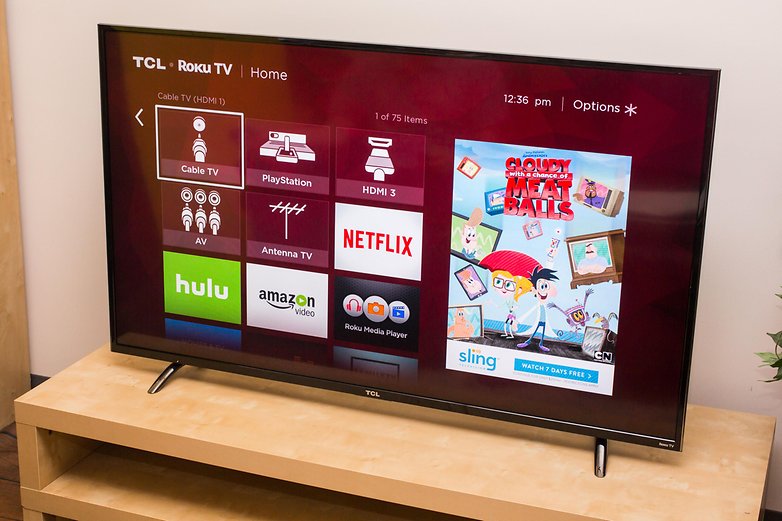
I haven't had cable for a long time, and even though I have an external antenna on my LG HD TV to watch open channels, I don't really care about them, and I usually keep up with the news on the internet.
Still, that's not why my HD TV, already considered outdated, sits unused at home. It is possible to say that I am an early adopter of technology and I have several smart home items, assorted Bluetooth-connected knick-knacks, and other tech stuff. The TV wasn't gonna be left out.
With a Chromecast (now in its third-generation) my TV is a media center, which I turn to when I want to watch YouTube videos on a bigger screen, listen to music and enjoy TV shows and movies on Netflix and Prime Video.
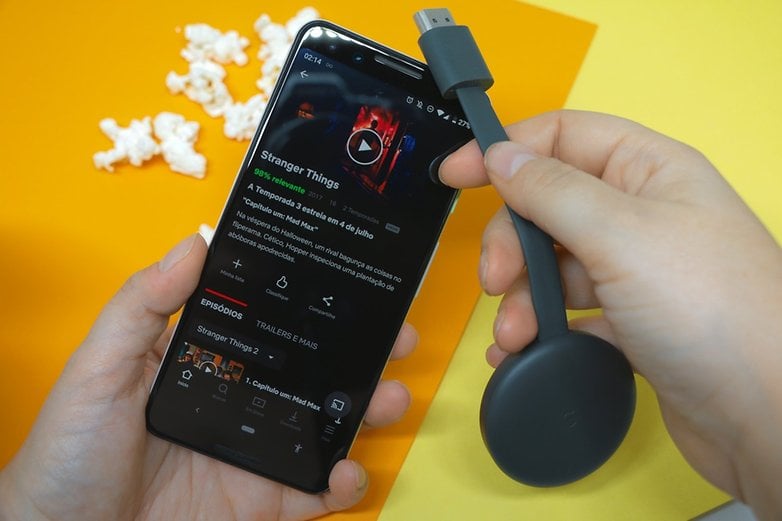
- Google Chromecast 2 review: does the new Chromecast deliver?
- All the best Chromecast apps you don’t want to miss
With a Google Home Mini, I can turn on the TV using voice commands, and I can ask it to play music or videos that I want to watch, as well as being able to control the progress of the content also with my voice. With a Chromecast, I have access to hundreds of apps that are more than enough for me. The selection would be more limited on a smart TV.
And what will probably be very important for many of you, the definition, is not such a big deal for me. If I watch things on small smartphone screens, I won't complain about the quality on a TV, which is already HD and very good.
- Three ways to mirror your phone or computer on Chromecast
- Google Home (Mini), Chromecast not working? Here's what to do
Of course I would have a better connection between smartphone and TV with a Smart TV, for example, if both came from Samsung. And of course an OLED, which would certainly be a smart TV, would still drop jaws, including mine - I've already tested one and this would be a purchase that would be worthwhile if it wasn't obscenely expensive because the quality gain would be much higher.
So until I move on to an OLED, I'm not buying a smart TV. How do you watch TV, Netflix, YouTube, Amazon Prime and Co.? Do you have a smart TV for this?






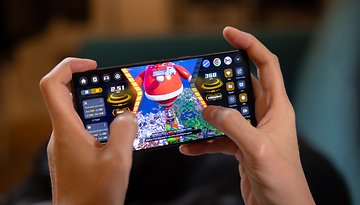








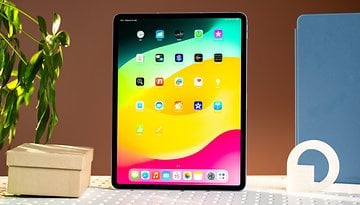


I have a Smart TV running webOS. Hardly any apps for it, to my taste.
I have replaced my Chromecast (1g) and Apple TV (3g) devices (connected to dumb TVs) with Mi Box S (by Xiaomi) ones. They do suit me.
Note: I hardly watch traditional television (don't even have a subscription anymore), primarily watch YouTube.
I bought a Chines android tv box, now my dumb tv is a smart tv. Plus it is not policed like android tv so I can run all movie apps I want. No more paying for anything.
The whole premise of your article is silly.
Literally every TV currently in production is “smart”. They all have caps to connect to the internet and use streaming apps.
unless you plan on buying a used TV made years ago you’re going to get “smart” features whether you like it or not. Of course it’s up to you whether you use them.
I have a chromecast. I haven't used it in years. I dont use a smart TV either or any paid TV services